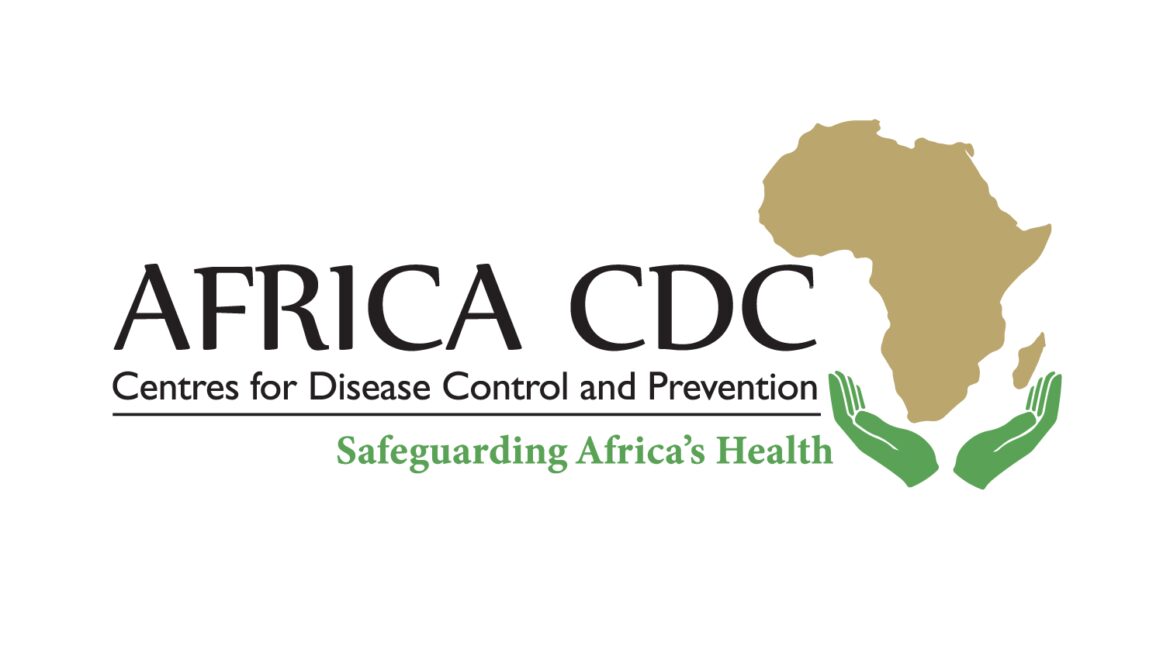By Asmau Ahmad
The Africa Centre for Disease Control (Africa CDC) says the African continent was faced with syndemics, a combination of emerging infectious diseases, which are increasing the disease burden across the continent.
Director at Africa CDC, Dr John Nkengasong, stated this in Abuja on day-two, of the Nigerian Conference of Applied and Field Epidemiology, (NiCAFE), 2021, themed “Building Back Better: COVID-19 and other disease outbreaks.”
The conference was organised by the Nigeria Center for Disease Control (NCDC), is aimed at strengthening the country’s preparedness for emergencies in infection outbreaks.
“The African continent as a whole face what we call a syndemics; a combination of emerging infectious diseases. We are dealing with this pandemic, but there will be another pandemic.
“Syndemics are exacerbating the disease burden across Africa. Emerging diseases, non-communicable disease/ injuries/ maternal and neonatal conditions; and endemic diseases, ex HIV, Tuberculosis and Malaria,” he explained.
Speaking on the role of regional health institutions in the prevention, detection and response to infectious diseases outbreaks, Nkengasong disclosed that if the continent had been hit by the COVID-19 pandemic in January 2020, there wouldn’t have been a single country with the reagents to test for the virus.
“A continent of 1.3 billion cannot be that exposed. All countries in Africa now have diagnostics capacity,” he added.
He stated that from the COVID-19 pandemic lessons learnt and response in the continent, “coordination and collaboration is key for a whole of Africa approach, with a critical role for National Public Health Institutes (NPHIs) in pandemic preparedness and response.”
In addition, he added, development of continent specific guidelines and continental political leadership to guide the pandemic response were necessary.
Similarly, local diagnostic manufacturing of Personal Protective Equipment (PPEs), therapeutics and medical equipment was a health security challenge; vaccines-related innovation was critical for Africa’s health security, while there was an urgent need for the development of Africa’s public health work force, he explained.
The director further noted Africa’s limited health facilities, budget and workers, citing the need to have a new public health order for the continent to tackle infectious diseases’ threats, based on specific guidelines.
“Public health is local. You may think globally, but implementation is local”, he added.
Nkengasong stressed the importance of continent-wide coordinated efforts at the national level, recognising that global health security starts with national health security that fits into regional health security.
“Public health is about the pathogen, the population, the politics and the policy. Regional collaboration and cooperation are, therefore, crucial as this is the backbone of health security in Africa,” he said.
It would be recalled that the NiCAFE conference brought together public health professionals, laboratory scientists, field epidemiologists, researchers, health care professionals and members of the public.
The participants reflected on the response to infectious disease outbreaks, reviewed gaps in epidemic preparedness and response and brainstormed on innovative solutions to strengthen health security.




